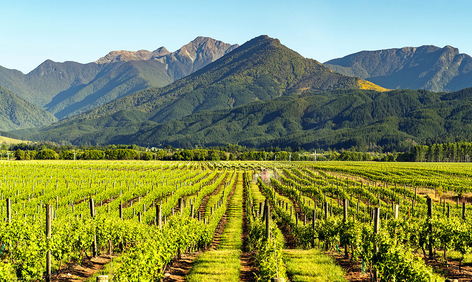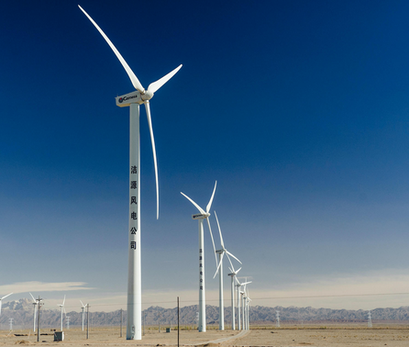COVID-19 On the Environment
This page is not meant for people to learn more about COVID-19. This page is meant for people to learn the effects it has on the environment. To learn about COVID-19 please visit the CDC or other credible databases. This page does not track the spread of COVID-19 either. Sources that track COVID-19 include coronavirus.jhu.edu, worldometers.info, etc.
Fun Fact: Did you know that the real name of COVID-19 is SARS-CoV-2 (severe acute respiratory syndrome coronavirus 2)? Then why do we call it coronavirus or COVID-19? This is just a question for you to think about.
Fun Fact: Did you know that the real name of COVID-19 is SARS-CoV-2 (severe acute respiratory syndrome coronavirus 2)? Then why do we call it coronavirus or COVID-19? This is just a question for you to think about.
* Image courtesy to Dentons. Platform provided by Our Beautiful Earth
"Life comes with many challenges. The ones that should not scare us are the ones we can
take on and take control of."
- Angelina Jolie
take on and take control of."
- Angelina Jolie
Don't forget to check our other pages and support this great cause. To learn more click the button below.

